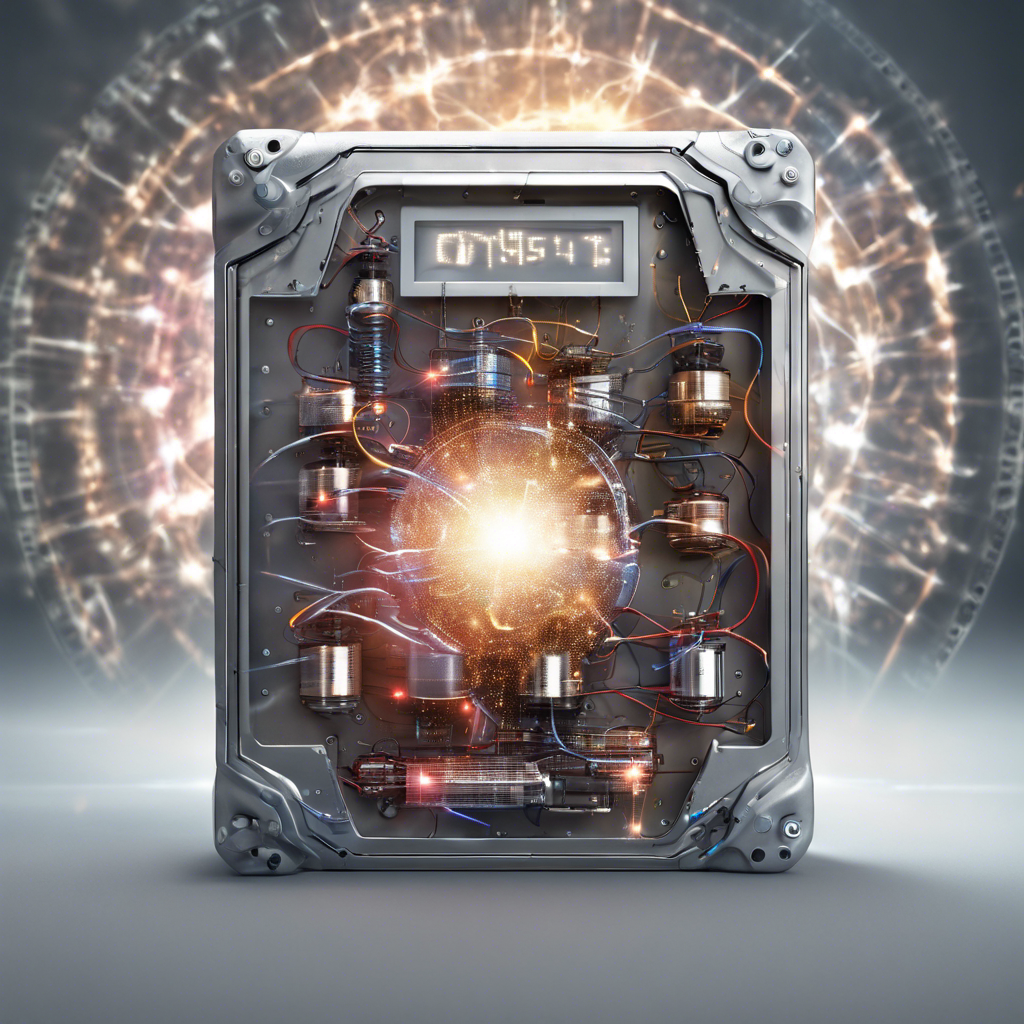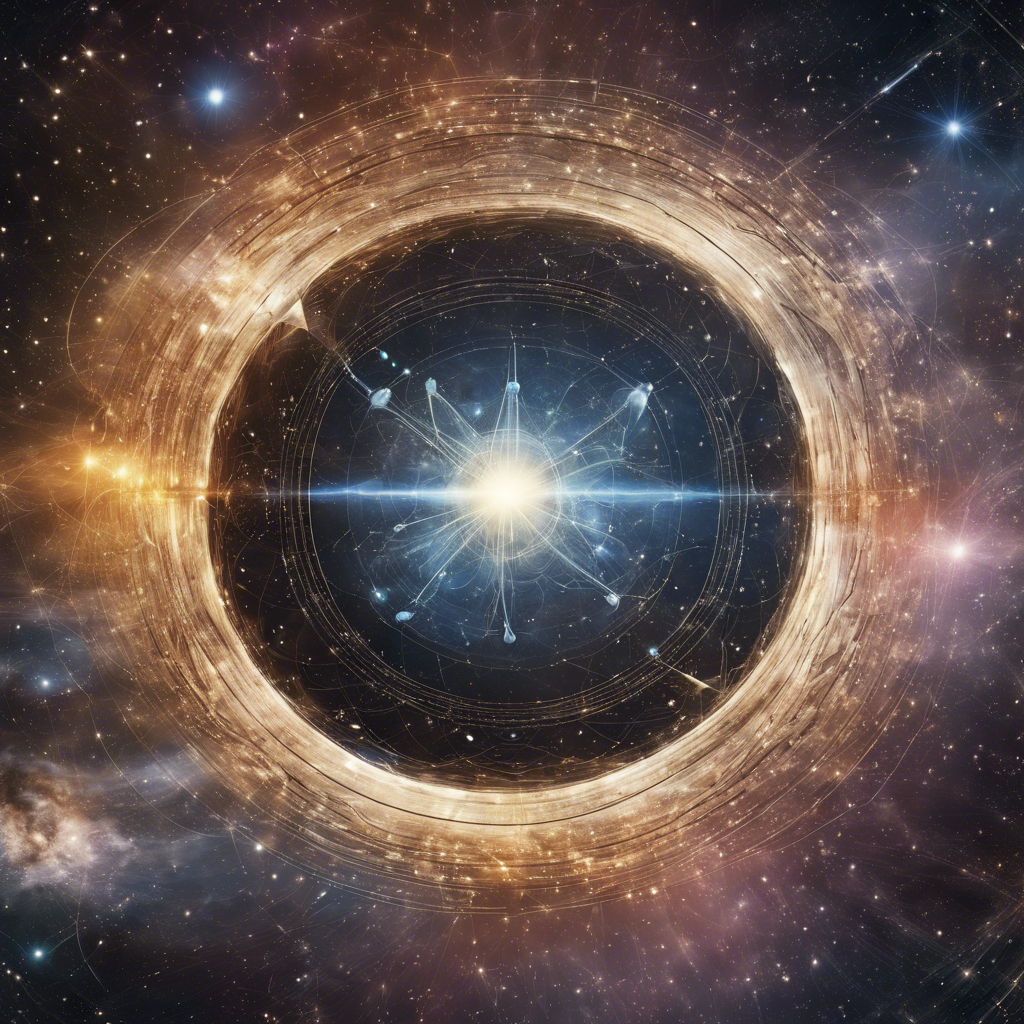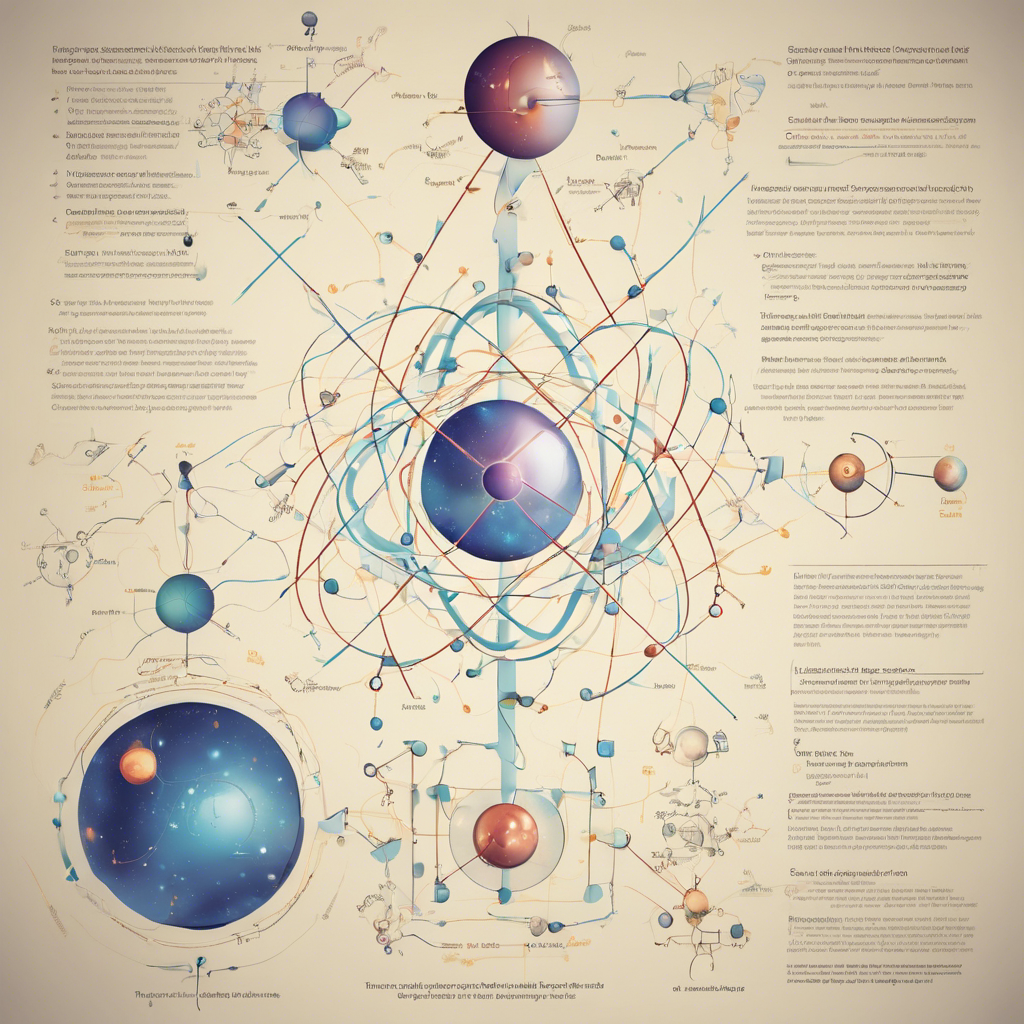Researchers uncover the tradeoff between time resolution and precision, setting fundamental limits for quantum computers
Quantum computers hold the promise of revolutionizing computing by harnessing the power of quantum physics to solve complex problems. However, a new study has revealed a fundamental limitation that could impact the speed and reliability of these cutting-edge machines. Researchers have discovered that the precision and resolution of clocks, which are essential for accurate time measurement in quantum computing operations, cannot be simultaneously perfect. This finding has significant implications for the development and performance of quantum computers, shedding light on the challenges that lie ahead.
Quantum Calculation Steps and the Complexity of Quantum Physics
In the classical world, arithmetic operations are straightforward and precise. However, in quantum physics, achieving the desired state in a quantum computer involves complex mathematical rotations in higher dimensions. These rotations must be applied for specific periods of time to achieve the desired result. If the rotation is too short or too long, the state will be incorrect. This intricacy adds a layer of complexity to quantum computing operations.
Entropy and the Direction of Time
Time measurement is intrinsically linked to entropy, which refers to the increasing disorder and randomness in a closed physical system. Entropy determines the direction of time, with the future characterized by higher entropy and the past by lower entropy. Every time measurement process involves an increase in entropy. For example, a clock powered by a battery converts the battery’s energy into frictional heat and audible ticking, resulting in a transition from a relatively ordered state to a more disordered state of heat radiation and sound.
The Tradeoff Between Time Resolution and Precision
Building upon the connection between time measurement and entropy, researchers have developed a mathematical model that applies to all clocks. This model reveals a tradeoff between time resolution and precision. In other words, a clock can either work quickly or work precisely, but not both simultaneously. This fundamental limitation has implications for quantum computers, as the resolution and precision of clocks directly impact the speed and reliability of quantum computing operations.
Limits for Quantum Computers
While the current accuracy of quantum computers is primarily limited by factors such as component precision and electromagnetic fields, the research findings indicate that the fundamental limits of time measurement will become increasingly relevant as quantum technology advances. As quantum information processing continues to improve, the non-optimal time measurement will pose a challenge that needs to be addressed. However, this limitation also presents an opportunity to gain deeper insights into the quantum world.
Conclusion:
The discovery of the tradeoff between time resolution and precision in clocks has unveiled a fundamental limitation that could impact the development and performance of quantum computers. While this limitation is not currently a significant hurdle, as other factors limit the accuracy of quantum computers, it is an obstacle that will need to be addressed as quantum technology progresses. The intricate relationship between time measurement and entropy highlights the complexity of quantum computing operations and offers a new perspective on the quantum world. As researchers continue to push the boundaries of quantum computing, understanding and overcoming the fundamental limits of time measurement will be crucial for unlocking the full potential of this groundbreaking technology.











